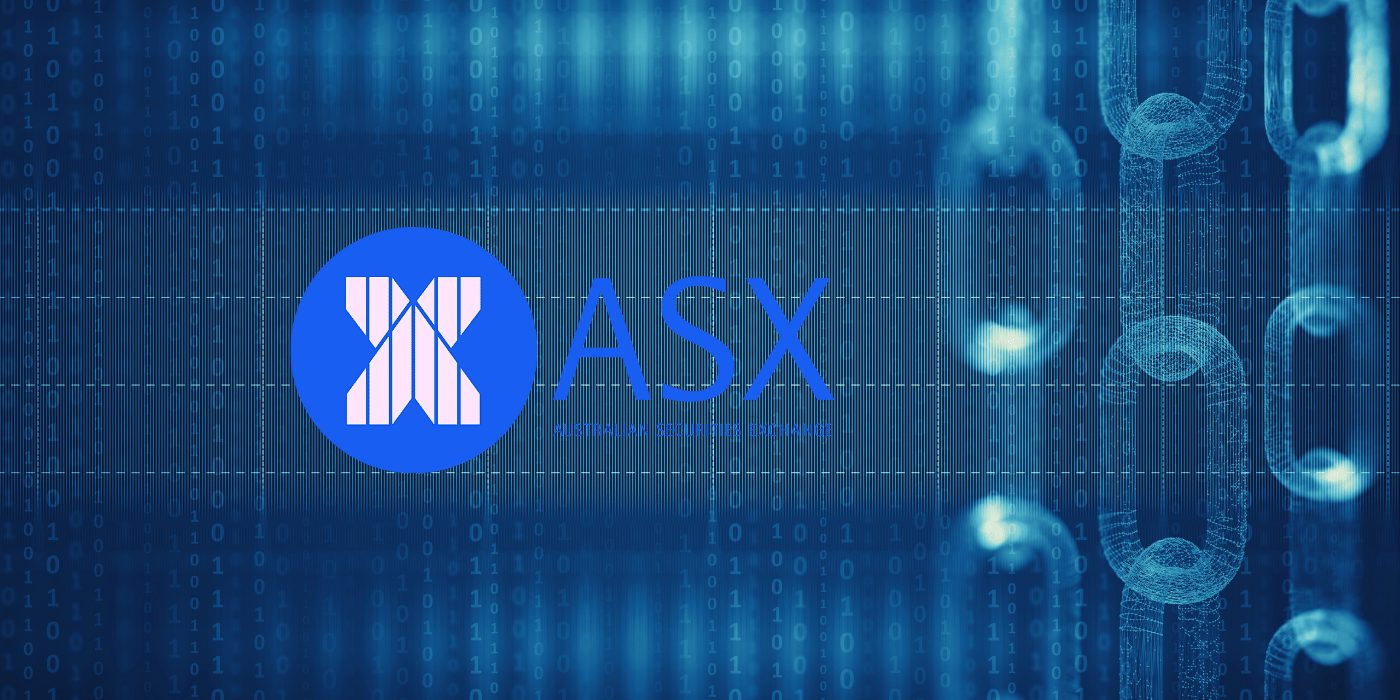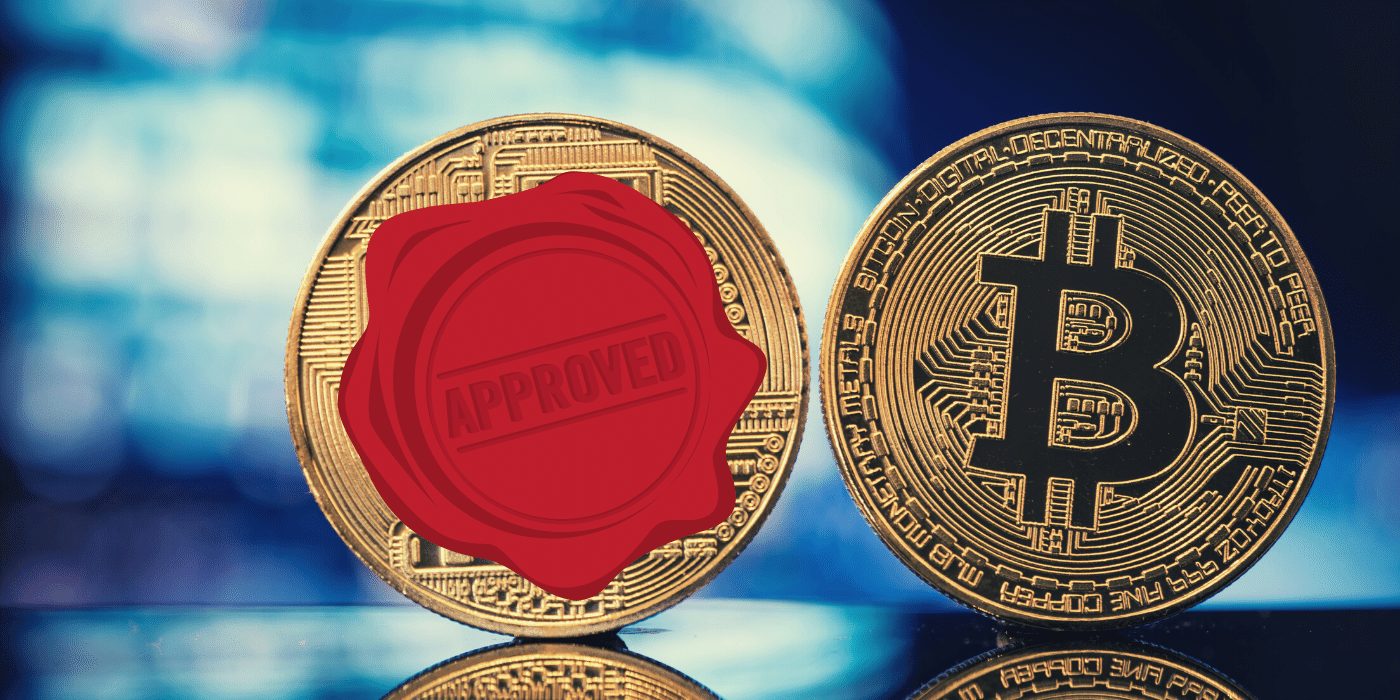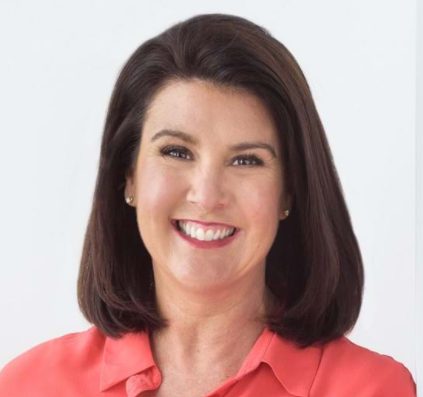Forbes’ crypto billionaires list has grown by seven this year, increasing to 19 members, though these new additions have not knocked Binance founder and CEO Changpeng ‘CZ’ Zhao off the top spot.

The Forbes list expanded by 58 percent this year. When it was first compiled in 2018, the bar to qualify was set at US$350 million. However, as the industry has since expanded exponentially, only billionaires qualify in 2022.
Binance founder and CEO ‘CZ’ Zhao is holding tight to his top position on the list for another year. Despite Forbes downgrading CZ’s wealth estimate from US$96 billion to $65 billion, he is still several lengths out in front:
In second place is FTX founder and CEO Sam Bankman-Fried, with a current estimated worth of US$24 billion. Bankman-Fried has grand intentions to donate much of his wealth to charities, keeping only 1 percent of his annual earnings each year, stating “I don’t want a yacht”. Brian Armstrong, CEO and founder of CoinBase, took third place with a net worth of US$6.6 billion.
Among the handful of newcomers are FTX’s co-founder Gary Wang, OpenSea co-founders Alex Atallah and Devin Finzer, Song Chi-Hyung (founder of Upbit), Kim Hyoung-nyon (Upbit’s EVP), and Nikil Viswanathan and Joseph Lau, co-founders of Alchemy.
Crypto Billionaires Line Their Pockets
For a select few, crypto investments have paid off immensely. Aussie billionaire Alex Waislitz bought crypto investments that reportedly increased in value by 400 percent. Nicknamed “Australia’s Warren Buffett”, Waislitz invested through a pre-IPO (initial public offering), which turned out to be a very smart move.
Billionaire PayPal founder Peter Thiel, on the other hand, has stated that he is disappointed he didn’t invest more before the boom.
















